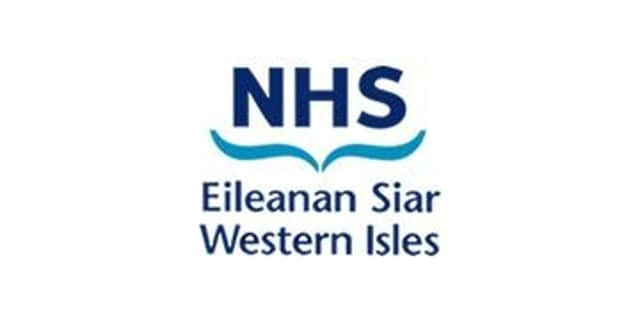Health board expenses complaint is upheld


In its November report, SPSO confirmed that it had upheld a complaint brought by a person identified only as “C” against the health board.
The report states that they had complained about the decision not to fund the travel and accommodation costs they and their spouse had incurred as a result of travelling to visit their child who was receiving treatment under a compulsory treatment order in a different part of the country.
Advertisement
Hide AdAdvertisement
Hide AdThey complained that the board’s decision “had failed to take into account” provisions made under section 278 of the Mental Health (Care and Treatment) (Scotland) Act 2003, and other legislation, which they argued placed a duty on the health board to continue funding travel costs until patient A reached 18 years of age.
SPSO’s report also states that they complained about the board’s “failure to respond” to correspondence in relation to this issue.
Setting out the details of the NHS Board’s response to the case, the SPSO report states that the board’s position was that A was an adult once they turned 16, and that their patient travel policy “did not allow for the funding of visits to adult patients”’
The board stated that “it would have nevertheless considered funding visits had it been deemed critical by the consultant in charge”, but that “no request for attendance had been made by clinicians”.
Advertisement
Hide AdAdvertisement
Hide AdSPSO found that the board “had failed to demonstrate that they had meaningfully considered the provisions of section 278 of the 2003 Act and had not adequately explained why they considered it did not apply to C and A’s circumstances”.
SPSO also found that the board “had unreasonably failed to respond to C and their spouse’s correspondence”.
Section 278 of the the Mental Health (Care and Treatment) (Scotland) Act 2003, requires health bodies “to take all reasonable steps to reduce any adverse effect on the relationship between a child and a person with parental responsibilities for that child, in the event of either the child or such a person being made subject to measures authorised by the Act or, in consequence of their mental disorder, by the 1995 Act”.
Upholding C’s complaints, SPSO has asked NHS Western Isles Board to “reflect upon” the findings of its investigation, and to “reconsider” their position in relation to the award of travel expenses to C under their policy and, in particular, “consider whether section 278 of the 2003 Act applied to C and A’s circumstances between the relevant period”.
Advertisement
Hide AdAdvertisement
Hide Ad“‘Having done so’, the SPSO report concludes, ‘the board should consider whether C’s travel and accommodation costs should be met. If the board does not consider section 278 to be applicable, the board should provide sufficient reasons for its position to C”.
The SPSO states that “to put things right in future”, the NHS Board ‘should acknowledge and/or respond to correspondence which requests specific information”.
In relation to the handling of complaints, the SPSO has also recommended that the‘ board should “ensure that complaints are identified and processed in accordance with their complaints handling procedure”.
NHS Western Isles was approached for comment.